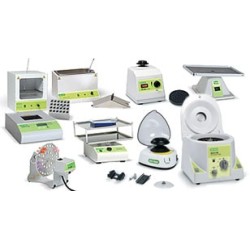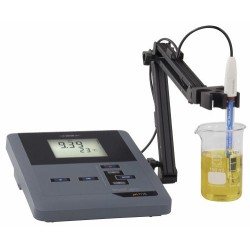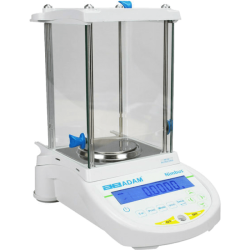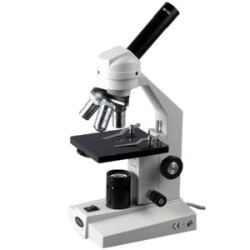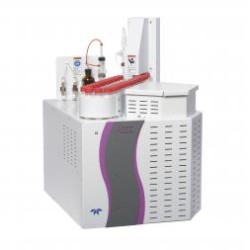Breakthrough device heals organs with a single touch
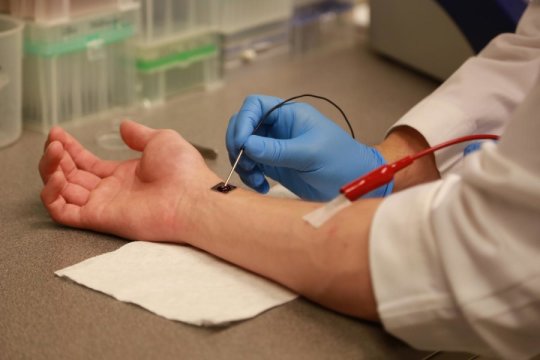
Researchers at The Ohio State University Wexner Medical Center and Ohio State's College of Engineering have developed a new technology, Tissue Nanotransfection (TNT), that can generate any cell type of interest for treatment within the patient's own body. This technology may be used to repair injured tissue or restore function of aging tissue, including organs, blood vessels and nerve cells.
"By using our novel nanochip technology, injured or compromised organs can be replaced. We have shown that skin is a fertile land where we can grow the elements of any organ that is declining," said Dr. Chandan Sen, director of Ohio State's Center for Regenerative Medicine & Cell Based Therapies, who co-led the study with L. James Lee, professor of chemical and biomolecular engineering with Ohio State's College of Engineering in collaboration with Ohio State's Nanoscale Science and Engineering Center.
Researchers studied mice and pigs in these experiments. In the study, researchers were able to reprogram skin cells to become vascular cells in badly injured legs that lacked blood flow. Within one week, active blood vessels appeared in the injured leg, and by the second week, the leg was saved. In lab tests, this technology was also shown to reprogram skin cells in the live body into nerve cells that were injected into brain-injured mice to help them recover from stroke.
TNT technology has two major components: First is a nanotechnology-based chip designed to deliver cargo to adult cells in the live body. Second is the design of specific biological cargo for cell conversion. This cargo, when delivered using the chip, converts an adult cell from one type to another. TNT doesn't require any laboratory-based procedures and may be implemented at the point of care. The procedure is also non-invasive. The cargo is delivered by zapping the device with a small electrical charge that's barely felt by the patient.
For more details: - https://www.sciencedaily.com/releases/2017/08/170807120530.htm




